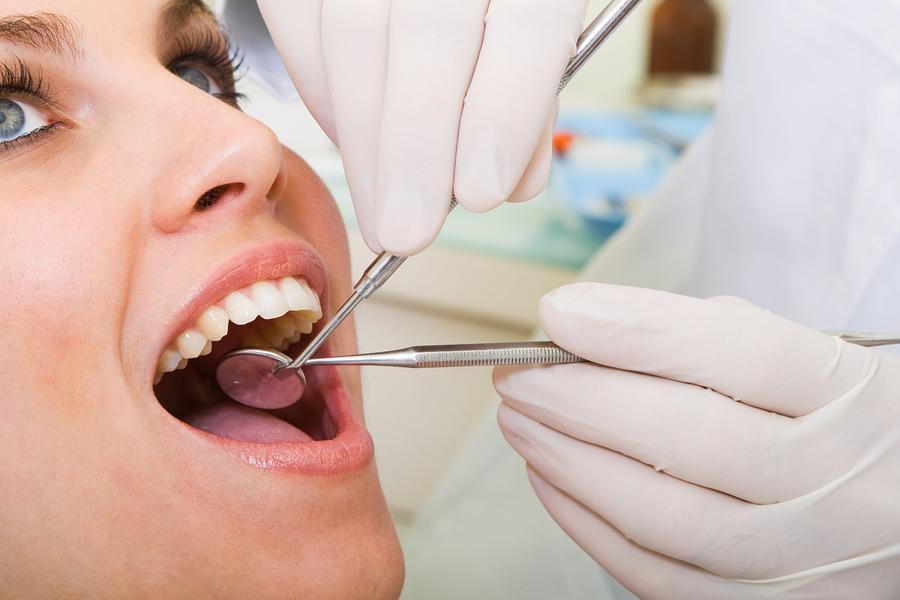Specialist Tips for Choosing the Right Dentists Eugene for Your Dental Health
Specialist Tips for Choosing the Right Dentists Eugene for Your Dental Health
Blog Article
A Guide to Usual Oral Problems That Call for a Dental professional's Treatment
Toothaches, for instance, can be symptomatic of severe concerns such as cavities, fractured teeth, or abscesses, each calling for particular treatments like fillings or root canals. Impacted knowledge teeth and jaw conditions can present considerable pain and issues.
Toothaches
Toothaches are a common dental problem that can vary from mild pain to extreme pain, commonly indicating an underlying concern that calls for expert focus. This pain can come from a selection of sources, including oral tooth cavities, cracked or fractured teeth, and dental abscesses. Each of these problems postures significant dangers if left unattended, potentially bring about much more serious difficulties.
Oral tooth cavities, likewise understood as caries, are created by the accumulation of plaque that wears down tooth enamel, leading to holes or pits in the affected teeth. Abscesses are painful infections at the origin of a tooth or in between the periodontal and a tooth, usually resulting from serious decay or unattended dental caries.
Efficient treatment of toothaches involves resolving the source. This might include fillings for dental caries, crowns for split teeth, or root canals and anti-biotics for abscesses. Early intervention by an oral expert can prevent more degeneration and minimize pain, making certain ideal dental health and wellness.
Periodontal Disease

The primary root cause of periodontal illness is bacterial plaque, a sticky, anemic film that constantly bases on teeth. Poor dental hygiene, smoking cigarettes, hereditary tendency, and specific clinical conditions, such as diabetic issues, can aggravate the risk of developing gum disease. Routine dental check-ups are essential for very early detection and management of this problem.
Treatment for periodontal disease ranges from specialist oral cleansing and scaling to more sophisticated treatments like root planing and gum surgical procedure, depending upon the seriousness. Keeping great dental hygiene techniques, including brushing two times daily, flossing, and using a disinfectant mouthwash, can dramatically decrease the threat of gum condition and promote healthier gum tissues.
Cavities
Tooth cavities, also called tooth decays, are a typical oral condition defined by the devastation of tooth enamel due to acid-producing germs in the mouth. These microorganisms thrive on sugars and starches from food and beverages, generating acids that progressively erode the enamel, causing dental caries development.
Early-stage cavities may not show symptoms, yet as they progress, they can create toothache, sensitivity to warm or cold, visible openings or pits in the teeth, and discoloration. If left untreated, cavities can permeate deeper layers of the tooth, potentially resulting in severe pain, infection, and even tooth loss.
Stopping tooth cavities entails a mix of excellent dental health techniques and nutritional practices. Regular cleaning with fluoride tooth paste, flossing, and regular oral check-ups are critical. Dental experts might additionally advise added safety nets, such as fluoride therapies and oral sealers, to secure teeth from decay.
Minor cavities can be resolved with dental fillings, which restore the tooth's framework. Much more advanced situations may call for crowns or even origin canal therapy if the degeneration has gotten to the tooth's pulp.
Impacted Wisdom Pearly Whites
Affected knowledge teeth are a common oral problem that takes place when the third molars, commonly described as knowledge teeth, stop working to totally emerge or straighten correctly within the mouth. This problem typically arises from inadequate room in the jaw or an irregular development angle of the teeth. Impacted knowledge teeth can lead to a range of difficulties, including damages, infection, and discomfort to surrounding teeth.
When knowledge teeth become influenced, they are moved here commonly partly erupted or stay totally beneath the gum line. This partial eruption can produce a path for microorganisms to enter the periodontals, causing infections that manifest as swelling, pain, and even fever (dentist in eugene oregon). In addition, influenced knowledge teeth can put in stress on bordering teeth, potentially causing crowding or moving
A detailed oral examination, generally including X-rays, is necessary for detecting impacted knowledge teeth. Therapy frequently involves surgical extraction, performed by a dental cosmetic surgeon. The procedure aims to reduce pain and avoid further problems, such as cysts or damage to surrounding bone frameworks. Post-operative treatment is critical to make certain correct recovery and lessen the danger of infection. Routine dental exams are suggested to check the problem and preserve oral health.
Jaw Problems
Conclusion

Dental cavities, likewise known as decays, are created by the build-up of plaque that erodes tooth enamel, leading to holes or pits in the impacted teeth. Abscesses are uncomfortable check my source infections at the root of a tooth or between a tooth and the gum tissue, typically resulting from severe decay or without treatment tooth cavities.
Affected knowledge teeth are a common oral concern that happens when the 3rd molars, generally referred to as wisdom teeth, stop working to totally arise or align appropriately within the mouth. Impacted knowledge teeth can lead to a selection of complications, including damage, infection, and discomfort to adjacent teeth.
In addition, impacted knowledge teeth can put in stress on bordering teeth, possibly causing crowding or shifting.
Report this page